| বাংলায় পড়ুন | Researchers and Reporters: Tanjil Fuad Isfaqul Kabir |
The story of Sir Fazle Hasan Abed’s life and the development of BRAC is one of inspiration. BRAC has made it possible to accomplish previously unheard-of advancements in the nation’s diverse development initiatives, including education, women’s empowerment, and poverty alleviation. BRAC was established in 1972 by Fazle Hasan Abed to reconstruct war-torn Bangladesh after gaining independence. BRAC began by working on relief and rehabilitation projects. Currently, this organization works on human development projects in Bangladesh and other nations. BRAC is currently the world’s biggest NGO.
Who is Sir Fazle Hasan Abed?
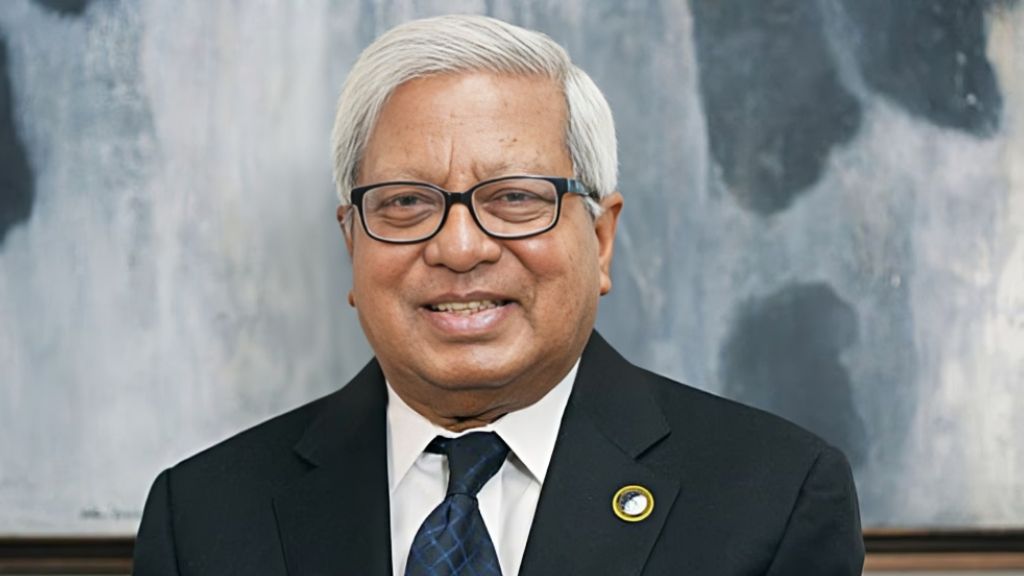
BRAC’s founder, Sir Fazle Hasan Abed, and his unique vision. | Photo collected.
A humanitarian and visionary, Sir Fazle Hasan Abed was. He dedicated his entire life to Bangladesh’s development and poverty eradication. Abed Sir was born in Habiganj in 1936. Following his graduation, he began working as a petroleum engineer in Britain. However, after seeing his people’s suffering during the Liberation War in 1971, he returned home right away. He wished to support the nation’s regular citizens. For this, he sold his property in London, went back to the nation, and donated relief funds to the common citizenry. However, Sir Abed had a highly forward-thinking perspective. He established the BRAC of today intending to help the people. In the beginning, BRAC worked only on relief or rehabilitation. However, Sir Abed wanted BRAC to create a model for poverty alleviation that would assist in all areas of life, including health, education, women’s empowerment, and economic development. In recognition of Sir Abed’s outstanding leadership and contributions, he has received many international awards, including the Ramon Magsaysay Award, which has established him as a unique example of human development worldwide.
The Beginnings and Initial Actions of BRAC
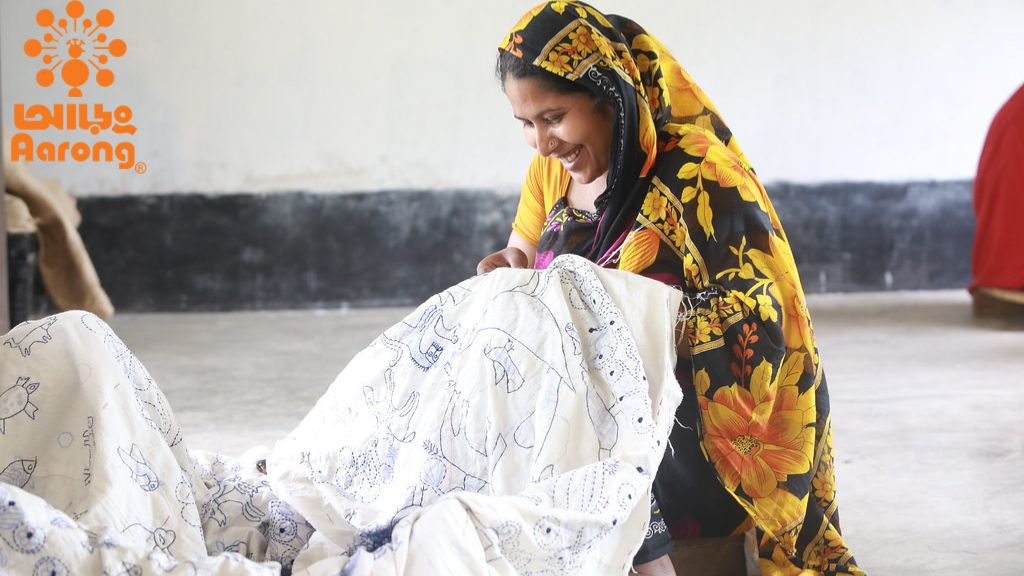
The journey of BRAC’s inception and early programs. | Photo collected.
To reduce poverty in Bangladesh, Fazle Abed created a novel approach to social development. Providing inexpensive healthcare and guaranteeing food and agricultural security were two of BRAC’s initial projects. He founded Aarong, a social enterprise, in 1976 intending to empower women to become economically independent. Rural women received handicraft training through Aarong, and by selling their wares in Dhaka marketplaces, they were able to support themselves financially. Currently operating in over 60 countries, BRAC’s varied programs offer training and development assistance to the impoverished. From BRAC’s educational initiatives to healthcare, agriculture, human rights, and economic development, BRAC excels in many fields. Millions of individuals have become economically independent thanks to BRAC’s microfinance program, which has significantly increased the financial capacity of the impoverished.
Primary Health and Education Program Expansion
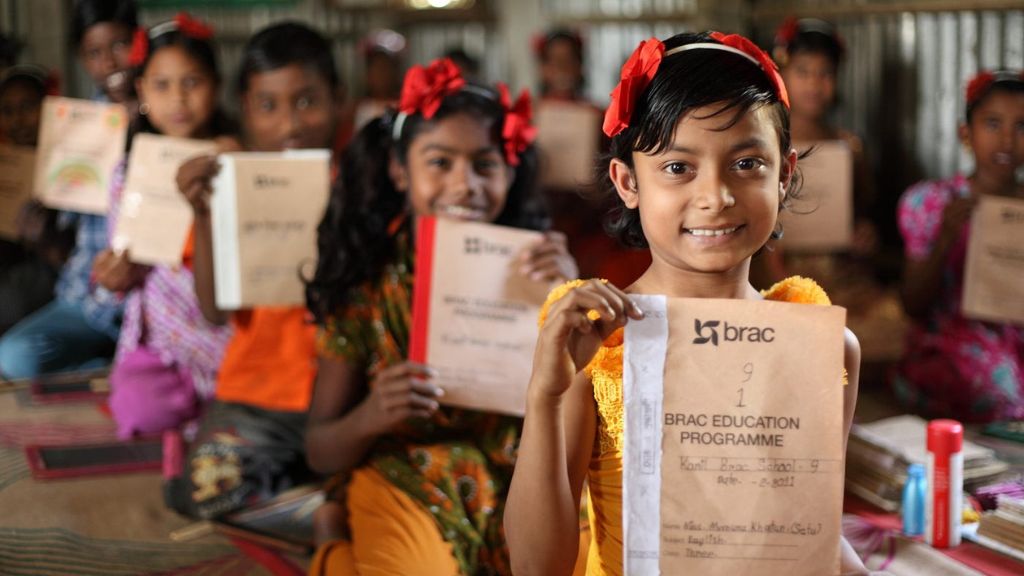
A view of the expansion of BRAC’s primary health and education programs. | Photo collected.
From the start, Abed Sir realized that relief aid alone would not be sufficient to alleviate the nation’s poverty. This led him to establish affordable healthcare and education initiatives. BRAC’s ‘Ashar Alo’ initiative trained impoverished rural women. As a result, they developed their agricultural, poultry, and handcrafting skills and were financially independent. Abed Sir took a trailblazing stance in 1976, focusing especially on women’s education. BRAC began attempting to link children with primary education as a result of this project, which saw the establishment of schools around the nation. In over 60 countries, BRAC currently runs a variety of health and education facilities.
Aarong as well as several BRAC projects
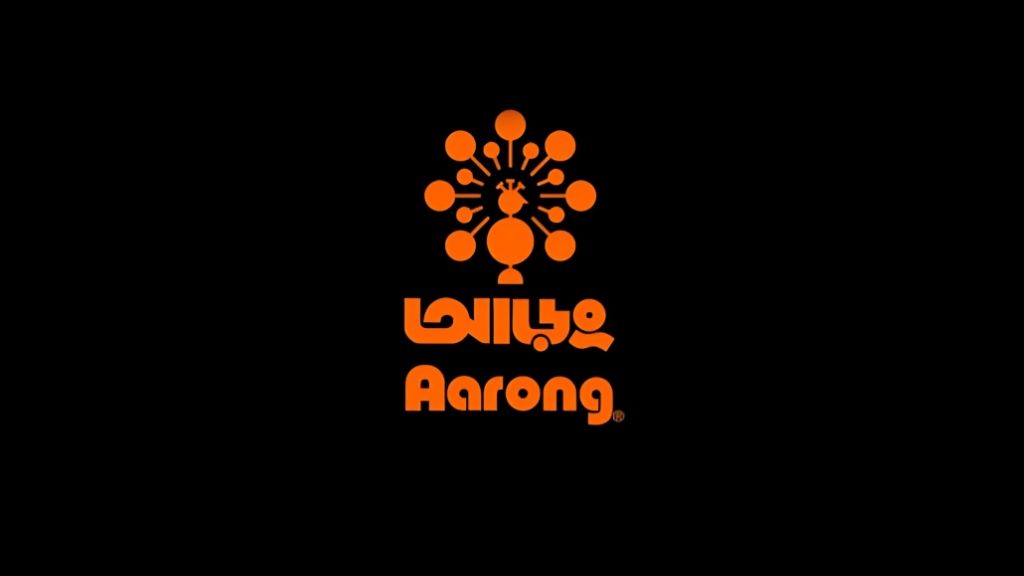
The success story of Aarong and BRAC’s other initiatives. | Photo collected.
Aarong is a successful social enterprise that has grown under BRAC. Aarong has been a successful business in Bangladesh since the first sales center opened in 1978. The company’s yearly sales have surpassed Tk 850 crore. Located in Manikganj, the Ayesha Abed Foundation is Aarong’s main manufacturing center. There are currently 14 Aarong outlets nationwide. Through Aarong, employment possibilities have been provided to approximately 65,000 people, many of whom are women. This company has contributed significantly to the employment of women in poor nations like Bangladesh, with approximately 45% of its workforce being female. On social media, Aarong is currently the target of a lot of criticism. A unique contribution to Bangladesh’s educational system is also being made by BRAC University, which was founded by BRAC in 2001.
The Impact of BRAC on the Global Stage
Not just in Bangladesh but also in underdeveloped nations worldwide, Sir Fazle Hasan Abed’s concept is effectively promoting human development. He has received numerous honors from throughout the world in appreciation of his accomplishments. However, BRAC is still pursuing his dream even after his death in 2019. This work by Fazle Hasan Abed demonstrates that poverty is a result of a lack of opportunity and education in addition to a lack of financial resources. Nevertheless, with effective management, poverty can be reduced.

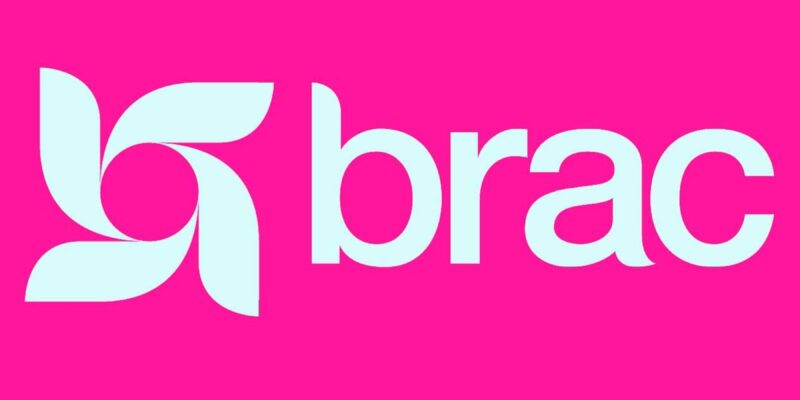



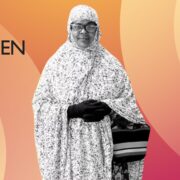







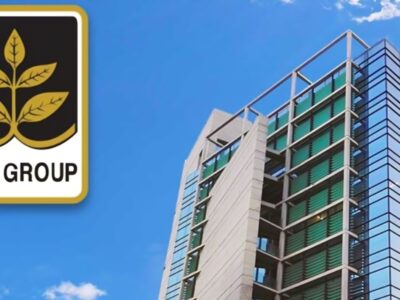

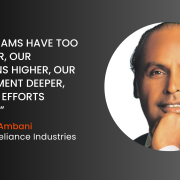







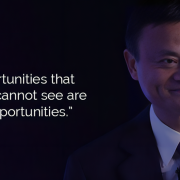





Comments